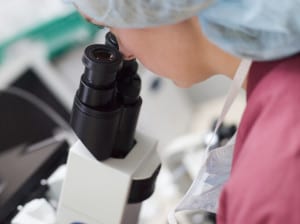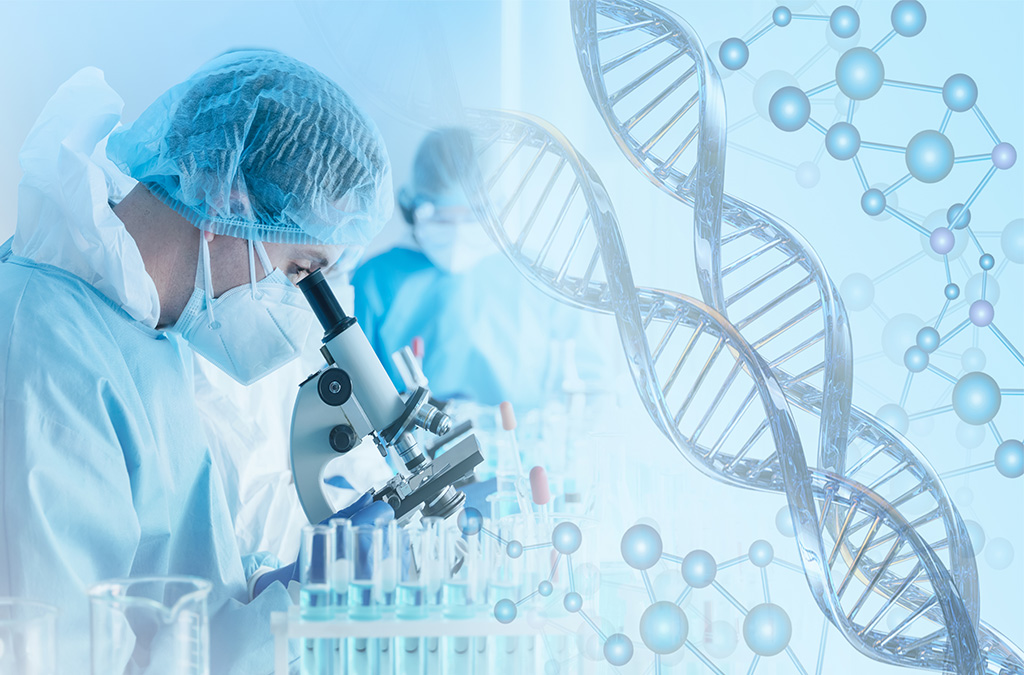 When you finally decide it’s time to try to figure out why pregnancy isn’t happening, one of the first steps your doctor may ask for is a sperm analysis. This procedure is typically part of a fertility investigation for couples who have not been able to conceive. In addition, patients interested in evaluating their own fertility potential can have a sperm analysis as a first step.
When you finally decide it’s time to try to figure out why pregnancy isn’t happening, one of the first steps your doctor may ask for is a sperm analysis. This procedure is typically part of a fertility investigation for couples who have not been able to conceive. In addition, patients interested in evaluating their own fertility potential can have a sperm analysis as a first step.
The purpose of the sperm analysis is to determine the answer to these four basic questions:
1. Are there sperm?
2. Are there eggs?
3. Can they find each other?
4. Is the uterus a good place for a baby to be?
A semen analysis is the first step in addressing the first question. This test can be performed without a doctor’s order. Sperm analysis is a non-invasive method to probability that there is a male factor problem in fertility.
Collection
A semen sample must be provided for analysis. The preferred method of collecting a specimen for analysis is masturbation because it provides the most complete sample. If the sample is collected at home, it needs to be analyzed less than 1 hour after ejaculation. If the sample gets exposed to extreme temperatures the results may be inaccurate, so many couples decide to collect the sample in a private room at our facility.
If a man has trouble masturbating, then a special condom designed for semen collection can be used. However, some of the specimen will be lost by this method. We don’t recommend that the semen be collected by initiating intercourse and then withdrawing, because ejaculation can begin before the sensation of orgasm and all of the sperm may be in the first few drops of the ejaculate. Electro ejaculation is a technique that was proposed many years ago for men with spinal cord injuries, etc.. However, that has been replaced by other surgical methods of recovering sperm because of the poor quality of the resulting specimens.
Results
The analysis takes several parameters into consideration:
• Time since last ejaculation (2-5 days is optimal)
• Density (Reference: > 15 million sperm / ml)
• Volume (Reference: > 2 ml)
• Motility (Reference: > 40%)
• Forward progression (Reference: > 2.0)
• Morphology (Reference: Kruger score > 7)
• Presence of immature sperm or white blood cells
• pH (Reference: 7.2-7.8)
Interpreting the semen analysis is not a simple as comparing the results to the normal reference ranges because some of the parameters can change dramatically from day to day. This is influenced by the time since the last ejaculation and the fact that sperm are released from the testes in waves. One study found that 15% of men with normal fertility have semen parameters that were outside of the reference range in a single analysis. When parameters are not in the reference range, it is important to get a consultation with a reproductive endocrinologist to help you interpret the results.
If your results are all within the normal reference ranges, this does not rule out an undetected functional problem with sperm. However, the probability of a problem is lower when the values are all normal. Likewise, an abnormal semen analysis does not mean that there is a problem, it just makes it more likely that there is a problem. When semen parameters are outside of the reference ranges, it is helpful to repeat the test to begin to understand which direction the variability will go.
Factors that can influence semen parameters include:
1. Medications
2. Infections of the reproductive tract
3. Endocrine problems (central nervous system, gonadal, thyroid, etc.)
4. Diabetes or other chronic medical conditions
5. Defective genes
6. Radiation exposure such as from cancer treatments
If your semen samples are persistently outside of the reference ranges, the next step is a consultation with a reproductive endocrinologist (RE), who will decide whether to send you for fertility treatment or refer you to a urologist.
Sperm motility is an important factor in helping the sperm to penetrate the protective matrix that surrounds the egg (zona pellucida). Therefore, low sperm motility might reflect poor fertilization potential of sperm, which might only be corrected by microinjecting the sperm into the egg (IVF ICSI).
Sperm numbers (calculated from the density and volume of the ejaculate) is an important factor for the likelihood that sperm and egg(s) will find each other. Sperm have several barriers that they must traverse in their journey to the egg. The majority of sperm never find their way from the vagina into the cervix, which serves as a reservoir and a time-release capsule for sperm. This reduces the need to time intercourse precisely as eggs are receptive to sperm for less than 24 hours. Once the sperm are in the cervix, only a small percentage will find their way into the fallopian tubes. In the case of a low sperm count, putting sperm directly into the uterus (IUI) can correct this problem.
Sperm morphology testing can provide hints of functional problems with sperm. For example, if sperm don’t have acrosomes, they will probably not be able to penetrate the zona pellucida of the egg. There are many different morphological characteristics of sperm that are evaluated.
The presence of white blood cells or immature sperm may also provide clues of other potential fertility problems.
Why It’s Important
A semen analysis provides important clues about a man’s fertility potential. Even if the analysis detects significant problems with the sperm, the issues are often correctable.
Making the Call
You can be referred to Atlantic Reproductive by your primary care physician, or you can call directly to make an appointment without a referral. The results will be available to you through our portal. If the results are not in the reference range, you can either repeat the test or request a consultation with one of our physicians. These consultations can either be conducted in person or by phone. Couples often benefit from a pre-conception counseling appointment where they can discuss their test results, other diagnostic tests, ways of optimizing their fertility and preventing a number of problems that might arise in pregnancy.

